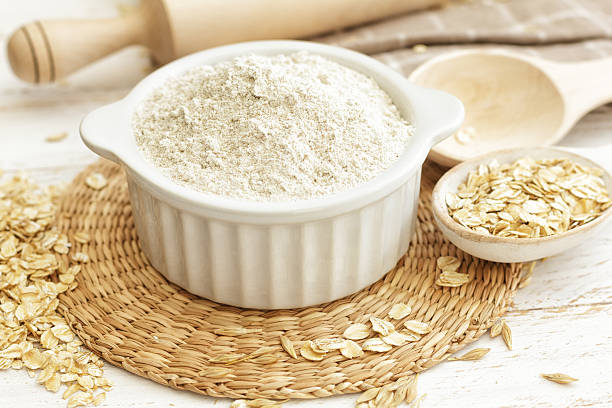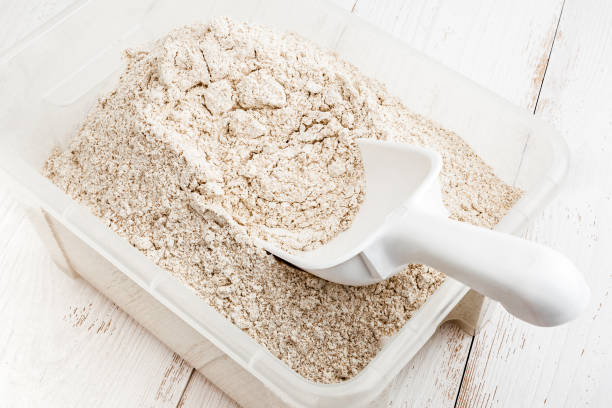Semolina, a type of coarse flour made from durum wheat, is a staple ingredient in many traditional dishes around the world. It is a common component of pasta, bread, and couscous, and can also be used in a variety of sweet and savory dishes.
But what is the nutritional value of semolina, and is it healthy for you? Let’s take a closer look.
One cup of semolina flour (165 grams) contains approximately:
565 calories
122 grams of carbohydrates
12 grams of protein
1 gram of fat
Semolina is a good source of several important nutrients, including:
Iron: Semolina is a good source of iron, which is essential for carrying oxygen from the lungs to the rest of the body. It is especially important for women, who are at risk of iron deficiency due to menstruation.
B vitamins: Semolina is a good source of B vitamins, which are important for converting food into energy, maintaining healthy skin and muscles, and supporting the nervous system.
Magnesium: Semolina is a good source of magnesium, which is important for maintaining healthy bones, regulating blood sugar levels, and supporting the immune system.
Semolina is also high in dietary fiber, with 3 grams per cup. Fiber is important for maintaining a healthy digestive system and may help to lower cholesterol levels and reduce the risk of heart disease.
However, it’s important to note that semolina is made from durum wheat, which is a type of wheat that is high in gluten. Gluten is a protein found in wheat, rye, and barley that can be difficult for some people to digest. If you have celiac disease or a gluten intolerance, you should avoid semolina and other products made from wheat.
In terms of its health benefits, semolina has some potential advantages due to its nutrient content. However, it’s important to keep in mind that semolina is a type of refined grain, which means it has been stripped of some of its nutrients during the milling process.
Whole grains, on the other hand, contain all parts of the grain, including the bran, germ, and endosperm. This means that they are generally more nutritious than refined grains, as they contain more fiber, vitamins, and minerals.
As a result, it’s generally recommended to choose whole grains over refined grains whenever possible. This includes whole wheat, quinoa, brown rice, and oats, among others.
In conclusion, semolina is a nutritious ingredient that is high in several important nutrients, including iron, B vitamins, and magnesium. However, it is a type of refined grain and may not be suitable for those with gluten sensitivities. When it comes to overall health, it’s generally best to choose whole grains whenever possible.

 Home
Home Health
Health Diet & Nutrition
Diet & Nutrition Living Well
Living Well More
More












